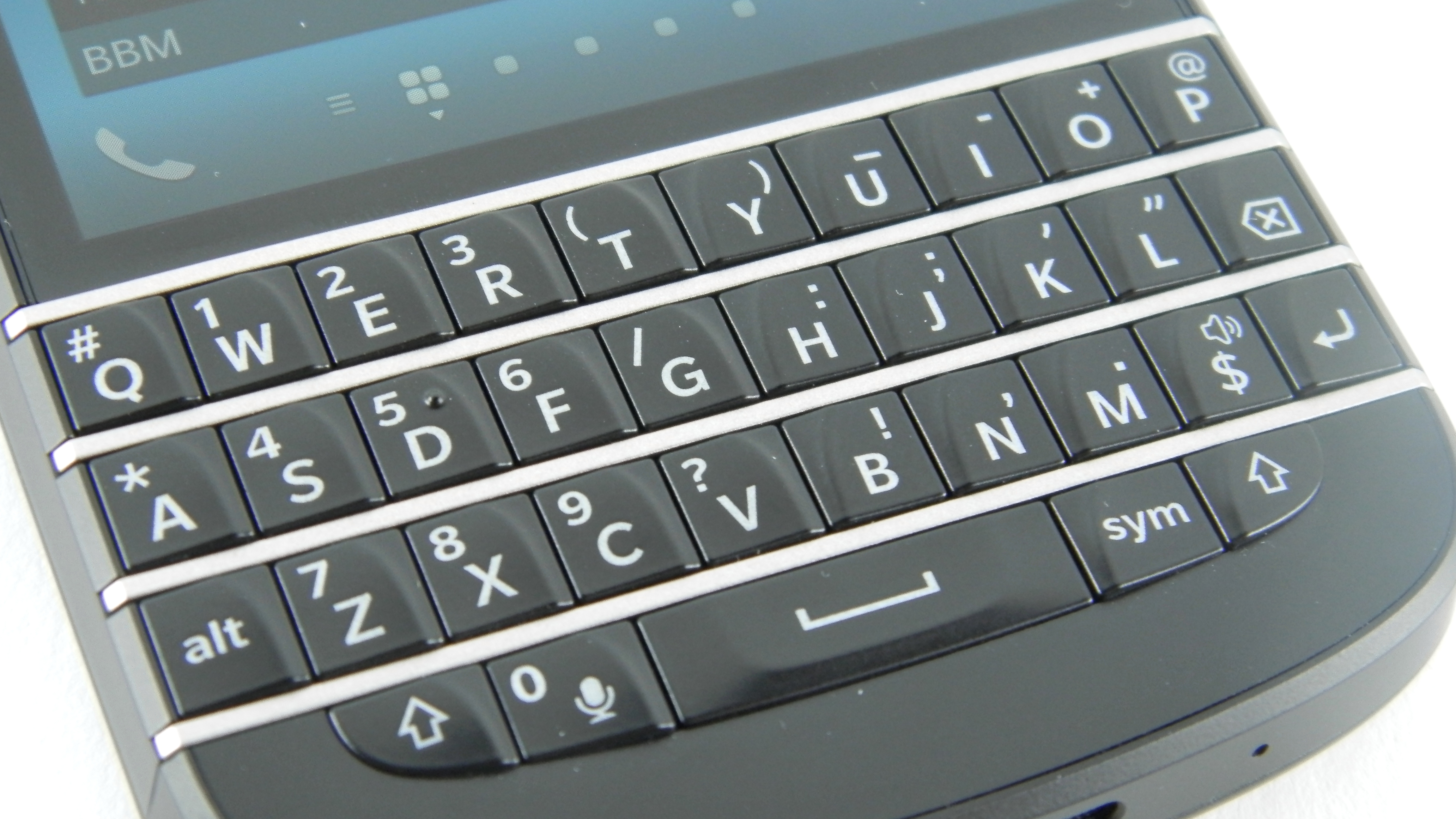BlackBerry deal with US Defence Department sends shares sky high
Back in business

BlackBerry has maintained its position with the US government as the go-to choice for secure smartphones, thanks to a new deal with the Defence Department that sent shares skyrocketing.
The Defence Information Systems Agency (DISA) will be adding a whopping 80,000 BlackBerry phones to a new management network at the end of January, which will handle unclassified documents and employ a military app store. In contrast, only 1,800 Google Android and Apple iOS devices will be used.
BlackBerry, formerly known as Research In Motion, has traditionally been the company of choice for government contracts, largely due to its improved security such as email encryption, and a suite of enterprise and productivity features. Even US President Barack Obama is known for his use of a BlackBerry.
In recent years, however, Google and Apple have gained ground, threatening the very survival of BlackBerry, which has failed to attract customers in the booming consumer market. Shares at the company fell by a staggering 37 per cent last year, making it vital that it secures more lucrative government and enterprise deals.
The big business recovery
BlackBerry's established position with big businesses has given it a lifeline that it desperately needs to hang on to. It has attempted to expand beyond its comfort zone with the keyboardless Z10 and Z30, but its new CEO John Chen has promised to return the company to its roots by bringing more devices with physical keyboards to the market.
Bloomberg cited a report by Citron Research released earlier this month, which highlighted BlackBerry as a good investment with "a healthy balance sheet" and "ample liquidity." It said that shares should be worth $15 (£9, AU$17), just over one and a half times the current value, so there is clearly still room for growth.
The new government deal has given BlackBerry a major boost, with stock prices rising by as much as 12 per cent. Shares at BlackBerry were up by $0.85 (£0.51, AU$0.96) to $9.93 (£6, AU$11.20), an increase of 9.36 per cent, at the time of writing.
Sign up to the TechRadar Pro newsletter to get all the top news, opinion, features and guidance your business needs to succeed!